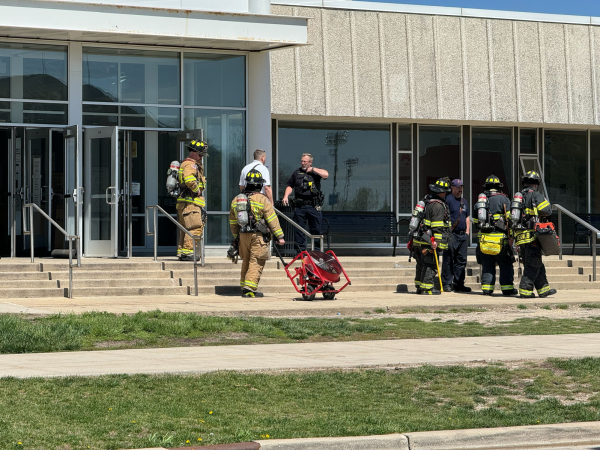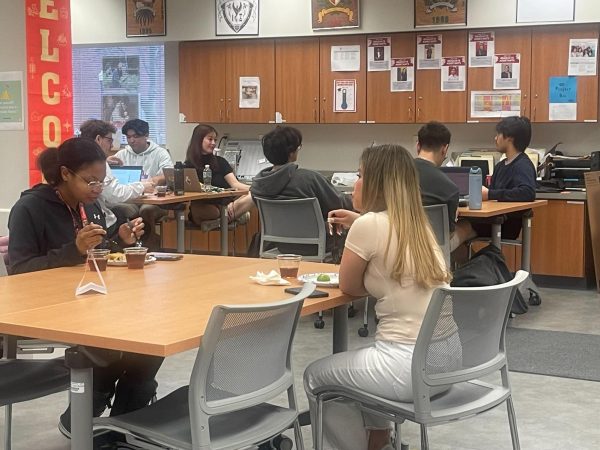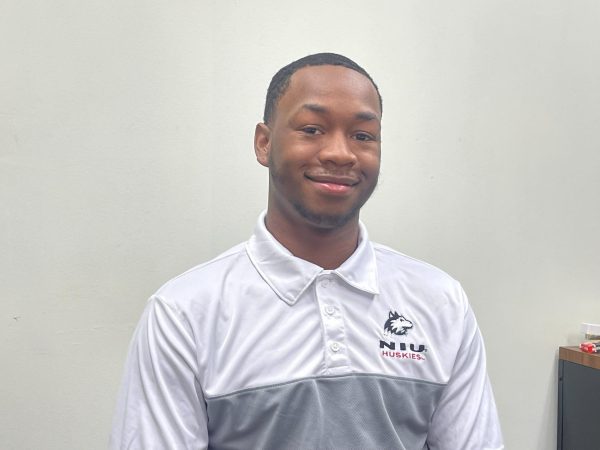Smoke clouds are decreasing
February 16, 2005
Fewer college students smoke each year, according to a study by the University of Michigan.
The study showed the rate of cigarette use by college students has decreased each year for the past five years.
Mary Strohm, health educator for NIU Health Services, said the percentage of students who smoke daily fell from 26 percent in 2002 to 23 percent in 2003. The percentage of students who had smoked at least once in the 30 days prior to the study decreased from 16 percent in 2002 to 14 percent in 2003, according to the study.
Smoking has decreased on campuses, but problems still exist between smokers and non-smokers.
Stefanie Smith, a freshman journalism major and smoker, said the main problem non-smokers have with smokers is the smell and secondhand smoke.
Elizabeth Meinsma, a junior organizational and corporate communication major and non-smoker, agreed with Smith but has other reasons for disliking smoking. Meinsma previously was diagnosed with Hodgkin’s Lymphoma, a form of cancer.
“I know what it’s like to have cancer,” Meinsma said. “And I don’t wish that upon anyone.”
Not all students think non-smokers have problems with smokers. Tariq Khan, a junior French and hospitality administration double major, chooses not to smoke but said he does not stop other people from smoking around him.
Mike Orescanin, a freshman political science major and occasional smoker, said he does not think non-smokers have a problem with smokers at NIU, mainly because students must go outside to smoke.
The residence halls have been smoke-free since 2003, a change in policy that was greatly supported, Strohm said.
“I think there’s widespread support for clean indoor air,” Strohm said.
The study by the University of Michigan said students’ main reasons for quitting are health and money.
But Khan said freshmen are easily influenced to smoke, and Smith added that students pick up smoking by hanging out with friends who smoke.
NIU Health Services offers programs and services to help students quit, Strohm said.
Strohm is the coordinator for a program called Extreme Air. Students can make an appointment or stop by NIU Health Services for more information. Quit kits also are available for students, containing strategies and supplies to help students stop smoking.













